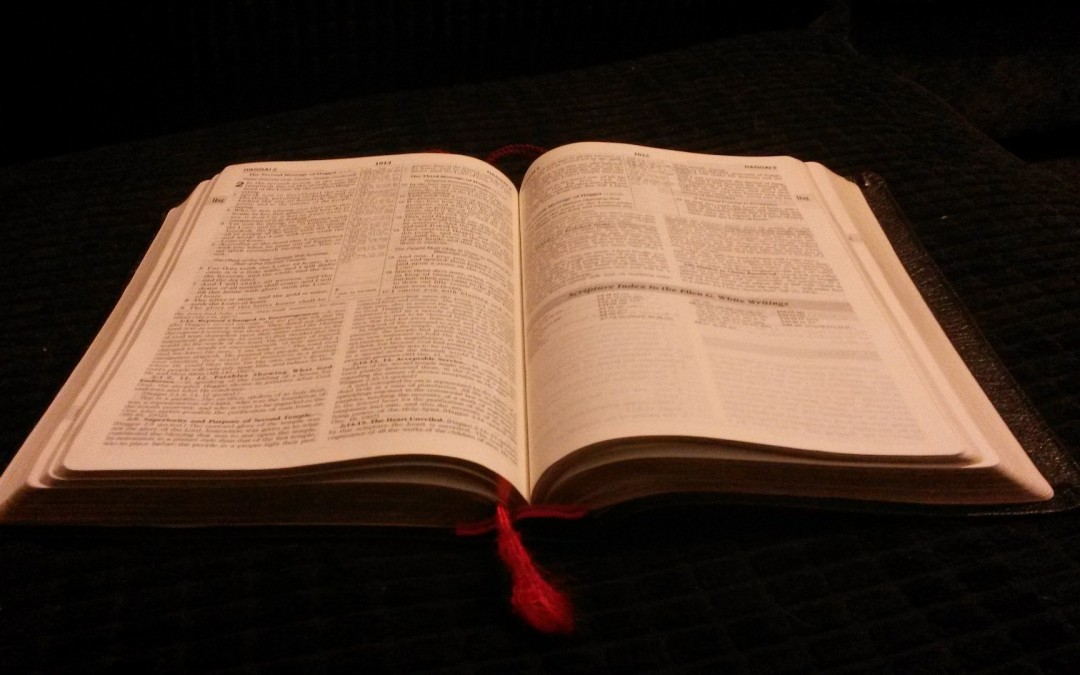How is your Lent going? Good? A struggle? A learning experience? Made absolutely no difference? Did this morning’s reading from Isaiah have you salivating at the thought of free food and wine? They really oughtn’t to give us such passages during Lent. Not good for discipline, I feel.
But of course it is not about free food, or free wine, or never having to worry about anything anymore. It is about the goodness of God, the grace of God, the generosity of God in all circumstances. This is written to an enslaved and exiled people, who interpret their exile in Babylon as punishment for past sins, so the offer of grace, of generosity, of forgiveness, is to people weighed down by their past, to people who see no way home, who have given up on God. The offer is there, made by a generous, loving God: they have to return to him in thankfulness and repentance, and they will be filled.
Paul takes a classic hard line on disobedience to God, quoting the example of the Children of Israel in the desert, who built and worshipped a golden calf while Moses was up the mountain receiving the Ten Commandments. Punishment comes to those who fail, but there is always a way out of testing, says Paul – so however much that bar of chocolate is calling to you in the middle of Lent, resist, because it is really not that big a deal – in the grand scheme of salvation history.
But a bigger problem is posed by Luke, which has been called, “Why do bad things happen to good people?” – there is a book by that title, but I have not read it, as it is way too long, when the simple answer is, “because we are human.” We are subject to corruption, before we put on the incorruptible, and the process of corruption is never easy, nor pleasant. However, Jesus is absolutely clear that people who suffer bad things are not receiving divine punishment, they are not being singled out for their misdeeds or general level of failure: they are simply in the wrong place at the wrong time. These things happen. This is very important. God does not engineer earthquakes to kill bad people. God does not allow made people to run riot with guns so that a few sinners can be removed from this world. Absolutely not. Humanity fails, the earth does extraordinary things, people make mistakes. We cannot blame God and we must not blame God. Nor must we necessarily blame ourselves, unless we run amok or do something wrong. It is not like that.
Jesus gives the example of the farmer, who cultivates his farm in hope, who works to make trees improve, who betters their fertility by his actions. This is God’s way – he provides everything we need, he perseveres with us again and again, day in, day out. How many times must we forgive our brother, according to Jesus? Peter suggest 7 times, but Jesus whips back with 70 times 7, which, though an actual figure, is tantamount to saying, “every time”. Why? Because God does that. God loves, forgives, rebuilds, restores, draws us back, day after day, year after year, Lent after Lent.
And that is one of the reasons we observe Lent: to be rebuilt, to be challenged, to rediscover discipline, direction, purpose for our worshipping lives as well as our human lives. To bring together our experience of God and our experience of the world, so that the restorative love of God is real to us as we go about our daily lives, not just when we are in church.
This week’s temptation is to blame God for bad things. Resist! God is not their source, nor is he remotely pleased or satisfied by them. No. God is love, God is gift, God is merciful and gracious, longsuffering and infinitely kind. Let us seek out that God this week instead, and rejoice in all he does for us, every day.

